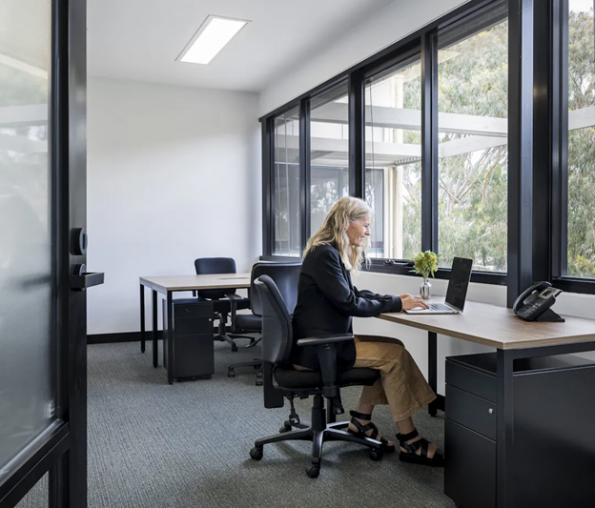- Understanding lease agreements: It is important to review key terms, clauses, service scope, and usage restrictions in lease agreements to ensure favorable conditions.
- Insurance requirements and coverage: Obtain suitable insurance coverage, such as general liability and property insurance, to protect assets and mitigate risks.
- Compliance with local regulations: Ensure adherence to zoning laws, licenses, permits, and workspace policies to comply with local regulations.
- Protecting intellectual property: Implement confidentiality agreements, secure digital assets, and educate employees on safeguarding proprietary information.

Understanding Lease Agreements
When considering a flexible workspace, understanding the lease agreement is crucial. Unlike traditional office leases, flexible workspace agreements offer more adaptability and shorter-term commitments. It is important to review termination, renewal terms, and services included to ensure flexibility and avoid unexpected costs.
Reviewing the scope of services, usage restrictions, and shared area rules is essential to ensure the workspace aligns with your business needs and operations.
Insurance Requirements and Coverage Options
Securing the right insurance coverage is essential in a flexible workspace to protect assets and mitigate risks. General liability, commercial property, and professional liability insurance are important considerations to safeguard your business.
Reviewing coverage provided by the workspace provider and identifying any gaps can help determine the need for additional insurance policies.
Compliance with Local Business Regulations
Ensuring compliance with local regulations, zoning laws, licenses, and permits is necessary for businesses in flexible workspaces. Verify zoning, obtain necessary licenses, permits, and adhere to workspace policies to avoid legal issues.
Reviewing workspace rules and policies on health, safety, data protection, and environmental practices is important to prevent penalties or lease agreement termination.
Protecting Intellectual Property in Shared Environments
Protecting intellectual property in shared environments is crucial. Implementing confidentiality agreements, digital security measures, and educating employees on safeguarding proprietary information can minimize the risk of IP theft or misuse.
Establishing clear internal policies on handling sensitive information and using secure digital storage can help maintain a competitive edge in the market.
Conclusion
Understanding and addressing these key legal considerations in flexible workspaces can help business owners make informed decisions and protect their interests. By taking proactive measures, businesses can maximize the benefits of flexible workspaces while minimizing potential risks.







